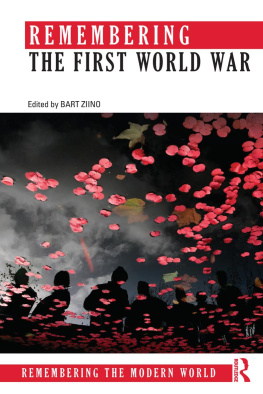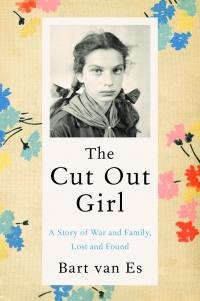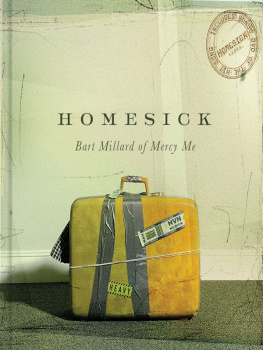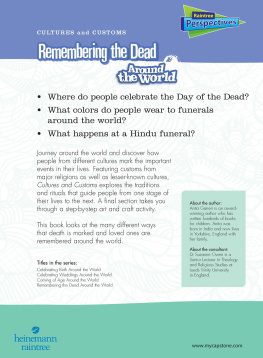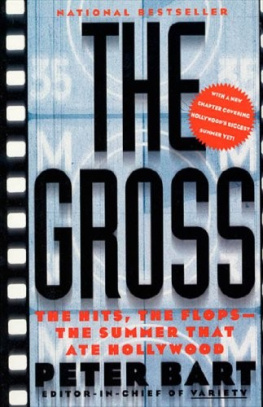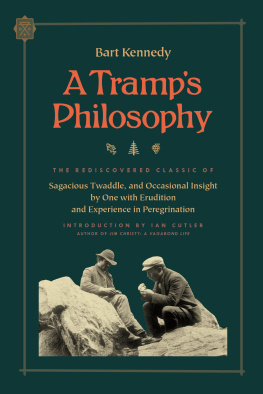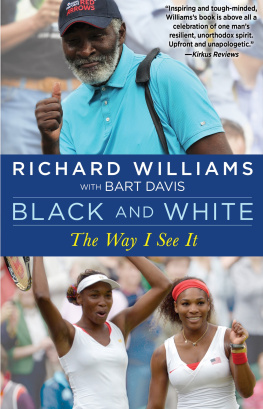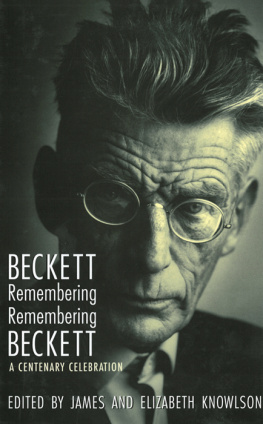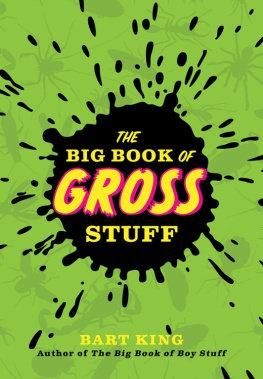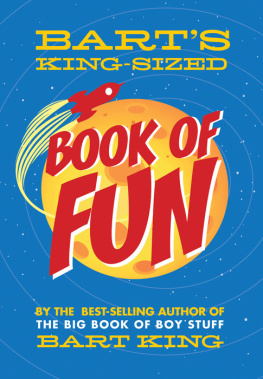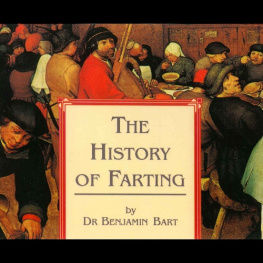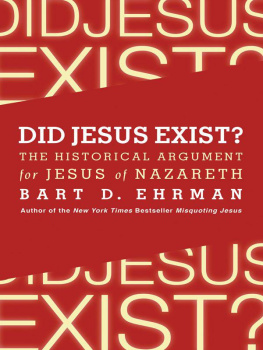Remembering the First World War
Remembering the First World War brings together a group of international scholars to understand how and why the past quarter of a century has witnessed such an extraordinary increase in global popular and academic interest in the First World War, both as an event and in the ways it is remembered.
The book discusses this phenomenon across three key areas. The first section looks at family history, genealogy and the First World War, seeking to understand the power of family history in shaping and reshaping remembrance of the war at the smallest levels, as well as popular media and the continuing role of the state and its agencies. The second part discusses practices of remembering and the more public forms of representation and negotiation through film, literature, museums, monuments and heritage sites, focusing on agency in representing and remembering war. The third section covers the persistence and return of the war to contemporary politics. A series of case studies examine the re-emergence of the war in different national contexts, probing the relationship between private engagement, changing political circumstances, and the prerogatives of the state in remembrance of the war.
Placing remembrance of the First World War in its longer historical and broader transnational context and including illustrations and an afterword by Professor David Reynolds, this is the ideal book for all those interested in the history of the Great War and its aftermath.
Bart Ziino is a lecturer in history at Deakin University, Australia. His publications include A Distant Grief: Australians, War Graves and the Great War (2007) and the co-edited volume The Heritage of War (Routledge, 2012).
Remembering the Modern World
Series Editors: David Lowe and Tony Joel
The Remembering the Modem World series throws new light on the major themes in the field of history and memory in a global context. The series investigates relationships between state-centred practices and other forms of collective and individual memory; looks at the phenomenon of anniversaries and national days in the context of global and national identities; shows how some cities and sites play active roles in generating acts of remembrance; and asks why some phenomena and events are remembered more widely and easily than others.
Titles in the series:
Remembering the Cold War
David Lowe and Tony Joel
Remembering Genocide
Nigel Eltringham and Pam Maclean
Forthcoming titles in the series:
Remembering the Second World War
Patrick Finney and Stephan Petzold
Remembering Women's Activism
Sharon Crozier-de Rosa and Vera Mackie
Remembering the First World War
Edited by
Bart Ziino
First published 2015
by Routledge
2 Park Square, Milton Park, Abingdon, Oxon OX14 4RN
and by Routledge
711 Third Avenue, New York, NY 10017
Routledge is an imprint of the Taylor & Francis Group, an informa business
2015 Bart Ziino
The right of the editor to be identified as the author of the editorial material, and of the authors for their individual chapters, has been asserted in accordance with sections 77 and 78 of the Copyright, Designs and Patents Act 1988.
All rights reserved. No part of this book may be reprinted or reproduced or utilised in any form or by any electronic, mechanical, or other means, now known or hereafter invented, including photocopying and recording, or in any information storage or retrieval system, without permission in writing from the publishers.
Trademark notice : Product or corporate names may be trademarks or registered trademarks, and are used only for identification and explanation without intent to infringe.
British Library Cataloguing in Publication Data
A catalogue record for this book is available from the British Library
Library of Congress Cataloging-in-Publication Data
A catalog record for this title has been requested
ISBN: 978-0-415-85628-7(hbk)
ISBN: 978-0-415-85632-4(pbk)
ISBN: 978-1-315-73843-7 (ebk)
Typeset in Bembo
by Cenveo Publisher Services
Contents
| List of contributors |
| BART ZIINO |
PART 1
Family history, genealogy and the First World War |
| JAMES WALLIS |
| CAROLYN HOLBROOK AND BART ZIINO |
PART 2
Practices of remembering |
| ROSS WILSON |
| ANN-MARIE EINHAUS AND CATRIONA PENNELL |
| ANNETTE BECKER |
| PETER GRANT AND EMMA HANNA |
PART 3
The return o f the war |
| KAREN PETRONE |
| VEDICA KANT |
| KEITH JEFFERY |
| KAREN SHELBY |
| SABINE A. HARING |
| Remembering the First World War: An international perspective |
| DAVID REYNOLDS |
Annette Becker is a Professor at the University of Paris-Ouest Nanterre la Defense and a senior member of the Institut Universitaire de France. In 2013, she was a Visiting Fellow at the United States Holocaust Memorial Museum in Washington, DC. After focusing mostly on the trauma, commemoration and humanitarian aspects of the Great War (she is a member of the board of the Review of the International Committee of the Red Cross), Annette Becker is currently working on the links between the two world wars, especially the many aspects of occupation, the forms of violence bequeathed by the First World War to the Second, and the Second World War's own extraordinary innovations in that field. She has published two books on occupations of the Great War: Oublis de la Grande Guerre; Humanitaire et culture de guerre, populations occupes, dports civils, prisonniers de guerre (Nosis, 1998 and 2003), and Les cicatrices rouges, 1914-1918, Frame et Belgique occupes (Fayard, 2010). She is coordinator of the French edition (Fayard) of the Cambridge History of the Great War (directed by Jay Winter) while working with the International Research Centre of the Historial de la Grande Guerre on the English edition.
Ann-Marie Einhaus is a Lecturer in Modem and Contemporary Literature in the Department of Humanities at Northumbria University. Her research interests lie in First World War fiction, particularly the short story and contemporary writing about the war, and her first monograph, The Short Story and the First World War, was published by Cambridge University Press in 2013. With a background in history as well as literary studies, she is also interested in the relationship between literature, history and memory more generally, particularly with regard to modernist as compared to mainstream writing.
Peter Grant is Senior Fellow in Grantmaking, Philanthropy and Social Investment at Cass Business School, City University. His latest book Philanthropy and Voluntary Action in the First World War was published by Routledge/Taylor & Francis in 2014. Forthcoming chapters include 'Popular Music Since 1960' in Ann-Marie Einhaus and Isobel Baxter (eds), The Edinburgh Companion to the First World War and the Arts. Peter is a trustee of the DHL Foundation and of the Amy Winehouse Foundation and former Chair of the Voluntary Action History Society.
Emma Hanna completed her PhD at the University of Kent in 2005 and joined the University of Greenwich where she is now a Senior Lecturer in History. Her first monograph, The Great War on the Small Screen: Representing the First World War in Contemporary Britain, was published by Edinburgh University Press in 2009. Emma's current research interests are focused on entertainment and morale on the home and fighting fronts in the First World War. Emma is a Co-Investigator on the Arts and Humanities Research Council/Heritage Lottery Fund sponsored 'Gateways to the First World War' (20142016), one of five national UK-based centres working to enhance engagement with the centenary of the First World War.


